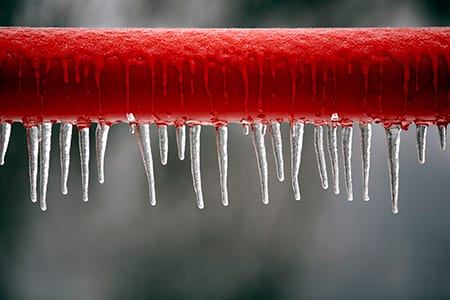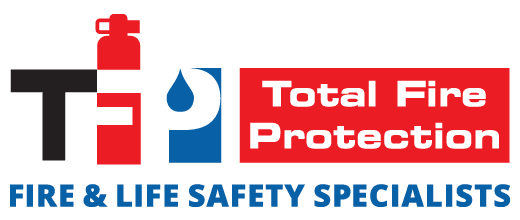 Most building owners know that colder weather means an increased risk of frozen plumbing, but they may not be aware that it can also lead to frozen fire sprinkler systems. Freeze damage to sprinklers can be extremely costly and can put your building and employees at far greater risk in the case of a fire. Below, we’re going to discuss why sprinklers can freeze and how you can prevent it from happening in your building.
Most building owners know that colder weather means an increased risk of frozen plumbing, but they may not be aware that it can also lead to frozen fire sprinkler systems. Freeze damage to sprinklers can be extremely costly and can put your building and employees at far greater risk in the case of a fire. Below, we’re going to discuss why sprinklers can freeze and how you can prevent it from happening in your building.
Why Frozen Sprinkler Systems Are an Issue
There are a few different ways that sprinkler systems can freeze. It happens most commonly because building owners neglect to upkeep their systems properly. Unfortunately, frozen sprinklers are relatively common and can lead to severe property damage and an increased risk of injury or death for anyone inside the building.
How a Fire Sprinkler System Freezes
Wet sprinkler systems consist of pipes full of water. They release the water when a fire is detected to suppress the flames and minimize damage. The water held in the lines can quickly freeze if temperatures drop below freezing. Even wet systems in heated spaces are at risk in the case of power outages or loss of heat.
Dry systems consist of pipes that are pressurized with air instead of water. They’re designed for spaces that often drop below freezing, and they release the air and then water in the case of a fire. Water can get trapped in a dry system after testing or can condense out of the compressed air and settle in the portion of the pipe that should contain no water.
Below, we’ll go over the steps you need to take to prevent your sprinkler system from freezing.
1 – Check Point Drains
Begin by checking your point drains where water naturally collects. Empty the drains if necessary.
2 – Visual Inspections
Next, check for signs of leaks or damage to pipes or valves on your entire system. Any damage could allow water into your lines that can cause bursts if it freezes.
3 – Pressure Checks
During freezing temperatures, check your pressure gauges to ensure the pressure is sufficient to keep the valves closed daily. Reduced pressure could indicate water leakage into your pipes, which can freeze and cause damage.
4 – Add Freeze Protection
Any exposed areas of your pipes should be treated with insulation to protect them from freezing.
5 – Consult a Professional
Lastly, have a professional service your system and ensure that you’re at minimal risk of cold weather damaging your system. Contact one of our fire sprinkler experts for a comprehensive inspection, testing, and routine maintenance to keep your sprinklers safe from potentially costly freeze damage.




